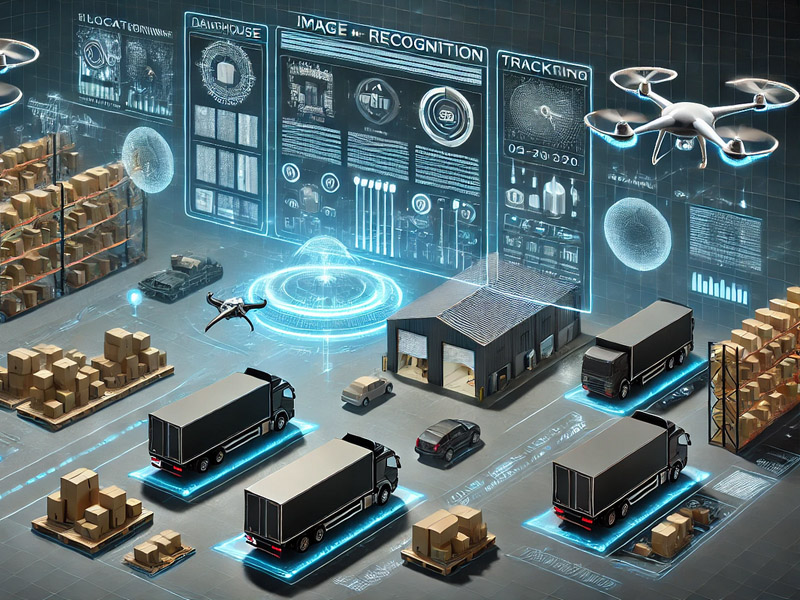The Role of AI in Modern Logistics
With the growth of e-commerce and global trade, logistics has become increasingly complex. AI is revolutionizing the industry by improving efficiency, reducing costs, and enhancing customer experiences.
Applications of AI in Supply Chains
1. Demand Forecasting and Inventory Management
-
Predicts seasonal trends and top-selling products.
-
Reduces stockouts.
-
Prevents overstocking that wastes resources.
2. Optimized Transportation and Distribution
-
Analyzes traffic and weather to choose optimal routes.
-
Cuts fuel consumption and delivery times.
3. Warehouse Automation
-
Robots manage sorting, packing, and storage.
-
Maximizes warehouse space utilization.
-
Reduces human labor for repetitive tasks.
4. Enhanced Customer Experience
AI-powered chatbots answer customer queries instantly and analyze feedback to improve service quality.
The Future of AI in Logistics
AI will integrate with:
-
IoT for real-time shipment tracking.
-
Blockchain for supply chain transparency.
-
Autonomous robots for fully automated warehouses.
Conclusion
Artificial Intelligence is the backbone of future logistics. From demand forecasting to warehouse automation, AI empowers companies to stay competitive and agile.
At Spedition25h, we leverage AI-driven solutions to ensure precise, efficient, and customer-focused logistics
 English
English
 Deutsch
Deutsch


